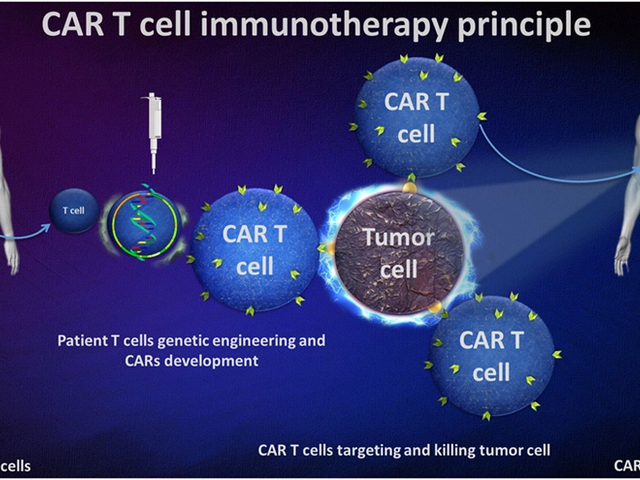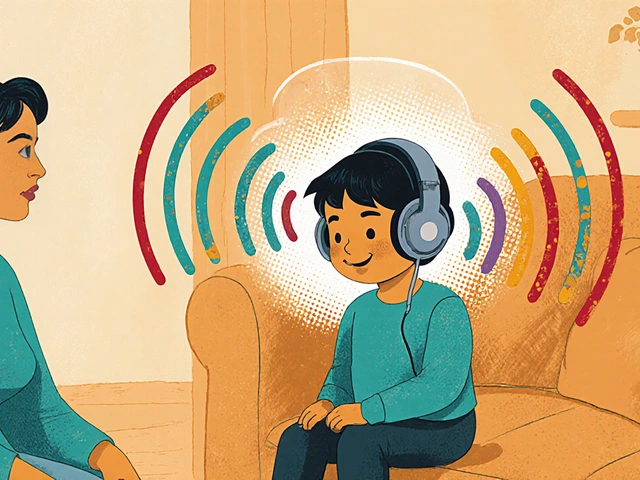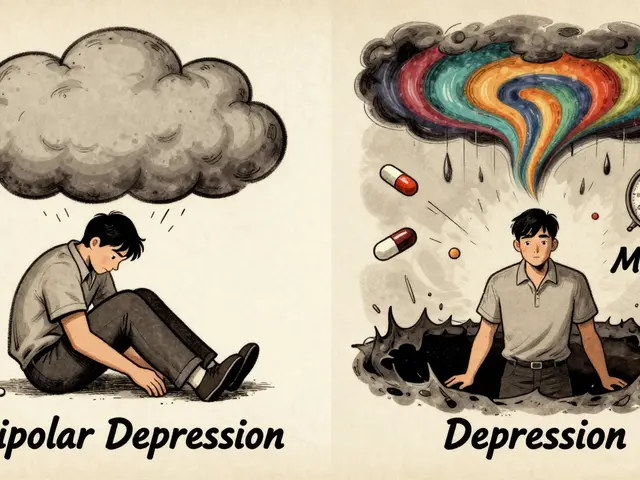Digestive health: simple fixes, safer meds, and when to see help
Stomach trouble can hit at the worst times. Bad digestion isn’t just uncomfortable — it can affect sleep, work, and mood. You don’t need complicated plans. Small, practical steps and smarter medication choices often stop problems before they get worse.
First, look at daily habits. Eat regular meals, avoid oversized portions, and slow down when you chew. Fiber from whole foods (oats, beans, vegetables) helps both constipation and irregular stools, but add it slowly to avoid bloating. Stay hydrated — plain water and warm drinks after meals can ease digestion for many people. If you eat out a lot, pick balanced plates: protein plus veggies and some whole grains.
Medications and alternatives
Medicines can help, but they also cause trouble if used without thought. For example, Motilium (domperidone) is used by many for nausea and slow stomach emptying, but some people need safer alternatives. Our Motilium Alternatives article lists options and when each makes sense. For infections, antibiotics like Bactrim treat certain gut-related infections — but only use them when a doctor prescribes them. Overuse makes future problems harder to treat.
Parasite treatments like Iverheal (ivermectin) are sometimes needed, but dosing and indications matter. Don’t self-prescribe. If you suspect an infection or parasite, get tested first so treatment matches the cause.
Watch for drug-food interactions
Some fruits and juices can change how a drug works. Grapefruit is the classic example, but Seville oranges, pomelos, and even some tangelos can interfere with medication breakdown. That can make drugs stronger or weaker — dangerous if you’re on blood pressure meds or certain cholesterol drugs. If you take regular prescriptions, check the Citrus Drug Interactions guide and ask your pharmacist about foods to avoid.
Buying medicines online? Use licensed pharmacies and require a valid prescription. Our articles on buying meds online explain how to spot red flags and avoid scams. Cheap prices alone are not a sign of safety.
When to see a doctor: severe abdominal pain, blood in stool, unexplained weight loss, ongoing vomiting, or fevers with gut symptoms. Also get evaluated if symptoms don’t improve after a few weeks or if medications cause worrying side effects like fainting, severe rash, or breathing trouble.
Finally, consider simple supports: a short course of probiotics for antibiotic-related diarrhea, mindful eating to reduce reflux, and keeping a food-symptom diary to spot triggers. Small changes plus informed decisions about medicines will handle most digestive issues. If you want focused reads, check our Motilium Alternatives, Bactrim guide, and Citrus Drug Interactions posts for concrete, practical advice.

Understanding the link between food intolerances and bloating after a meal
In my exploration of food intolerances and bloating, I've come to understand that these two are closely connected. When we consume foods that our bodies can't properly digest, it often results in bloating after a meal. This happens because the undigested food ferments in the gut, causing gas and discomfort. Identifying and managing food intolerances is therefore a key step in reducing bloating. In essence, what we eat directly affects how we feel post-meal, emphasizing the importance of a mindful diet.
Read More




